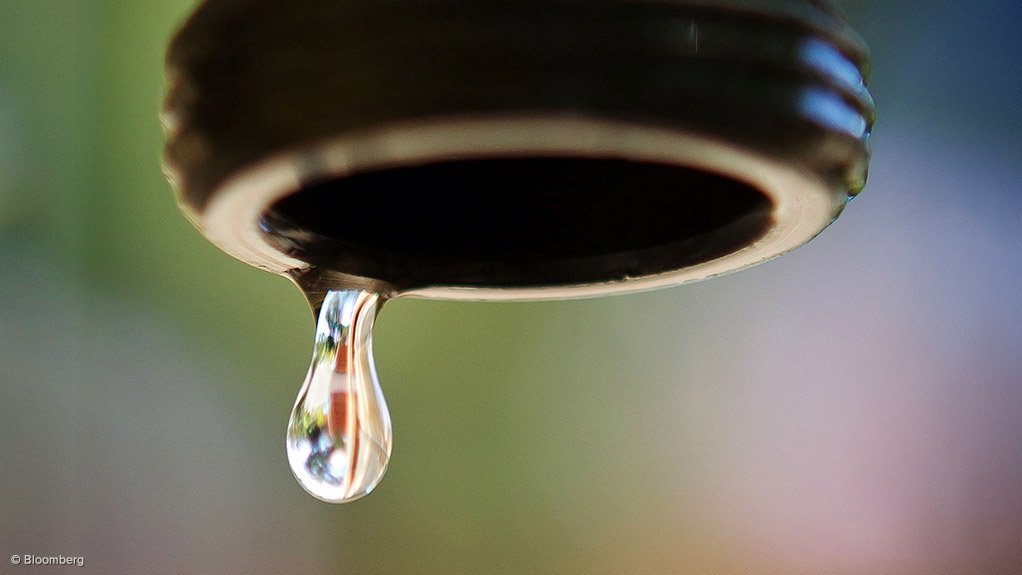All dams supplying the drought-stricken Nelson Mandela Bay metro are at a combined capacity of 11%.
The water levels at the dams supplying mainly the towns of Gqeberha, Kariega, Despatch, and Colchester continue plummeting.
On Tuesday, the metro stressed the importance of reducing water consumption by residents and businesses.
The metro said it was a great concern that despite the dam levels remaining critically low, water consumption continued to be high.
Barry Martin, the municipality's water and sanitation director, said the Bay’s water situation was still constrained.
The metro had been restricted by the national Department of Water and Sanitation to use a limited amount of water.
"Those restrictions are likely to be revisited once our local dams recover to above 50% capacity," said Martin.
"The implication for those restrictions is that we all need to continue to reduce water consumption by adhering to 50lts/d per person. Currently, our seven-day average is 274Ml/d, representing 44Ml/d over the target. We are also facing an increasing level of vandalism which affects electrical supply to reservoirs, negatively impacting our ability to produce consistent supply for all."
No significant dam-filing rain has fallen in the bay in six years, resulting in a devastating drought.
The metro previously said that if no significant rain fell in the catchment areas, it would be faced with an unprecedented water disaster.
When the Kouga Dam dries up, the Kouga municipality outside Gqeberha will lose its primary water supply, while the KwaNobuhle township in Nelson Mandela Bay will have no water at all.
It means farmers in the Gamtoos Valley would no longer be able to water their citrus orchards, which could have a long-term catastrophic impact on the region.
The area is one of the largest exporters of citrus in the world.
Also, livestock farmers were already bearing the brunt of the devastating drought.
Many farmers had depleted their savings and faced financial ruin because they had been feeding their livestock for extended periods because there was no grazing land due the drought.
The national Department of Water and Sanitation, the Nelson Mandela Bay Chamber of Business, and humanitarian organisation Gift of the Givers joined forces to help the city stave off Day Zero by drilling boreholes and donating water tanks.
Taps of 107 suburbs in Nelson Mandela were expected to run dry early in July, but thanks to the various interventions, the dreaded Day Zero was delayed.
Nelson Mandela Bay metro spokesperson Luvuyo Bangazi said the interventions by key role-players, including the effort by national government, had pushed back Day Zero.
"The interventions have included an aggressive water leaks reduction programme, repositioning of a barge at Impofu Dam to extend supply, commissioning of KwaNobuhle pump station, pressure reduction initiatives, installation of water demand management devices and straight connections at previously unmetered sites," he said.
He said all these interventions coupled with an increased communication effort had started to shift consumption patterns slightly and had contributed to pushing back Day Zero.
EMAIL THIS ARTICLE SAVE THIS ARTICLE
To subscribe email subscriptions@creamermedia.co.za or click here
To advertise email advertising@creamermedia.co.za or click here











